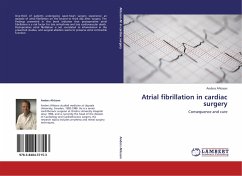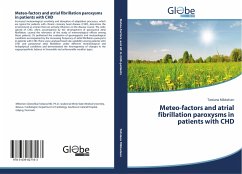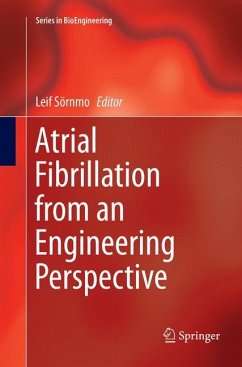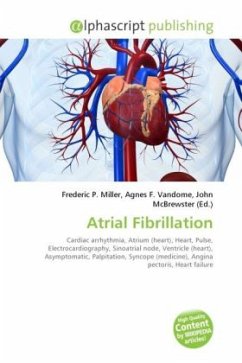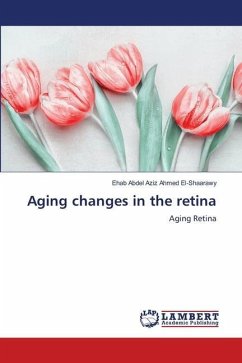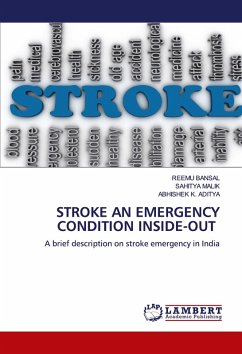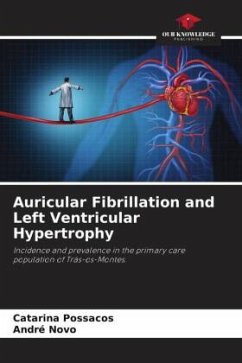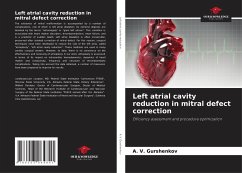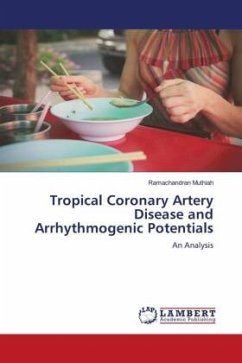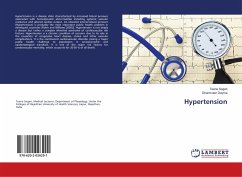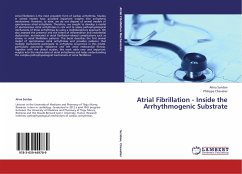
Atrial Fibrillation - Inside the Arrhythmogenic Substrate
Versandkostenfrei!
Versandfertig in 6-10 Tagen
41,99 €
inkl. MwSt.

PAYBACK Punkte
21 °P sammeln!
Atrial fibrillation is the most prevalent form of cardiac arrhythmia. Studies in animal models have provided important insights into arrhythmia mechanisms. However, to date, we do not dispose of animal models of spontaneous atrial arrhythmia. Therefore, we sought to develop a model of spontaneous atrial arrhythmias in rats and to assess pathophysiological mechanisms of these arrhythmias by using a multidisciplinary approach. We also assessed the presence and the extent of inflammation and endothelial dysfunction, incriminated in atrial fibrillation-related complications such as stroke, in atri...
Atrial fibrillation is the most prevalent form of cardiac arrhythmia. Studies in animal models have provided important insights into arrhythmia mechanisms. However, to date, we do not dispose of animal models of spontaneous atrial arrhythmia. Therefore, we sought to develop a model of spontaneous atrial arrhythmias in rats and to assess pathophysiological mechanisms of these arrhythmias by using a multidisciplinary approach. We also assessed the presence and the extent of inflammation and endothelial dysfunction, incriminated in atrial fibrillation-related complications such as stroke, in atrial fibrillation patients. This book describes the first animal model of spontaneous atrial arrhythmias and provides evidence that multiple mechanisms participate to arrhythmia occurrence in this model, particularly autonomic imbalance and left atrial endocardial fibrosis. Together with the clinical studies, this work adds new and important insights into the mechanisms of atrial arrhythmias and helps understanding the complex pathophysiological mechanisms of atrial fibrillation.



